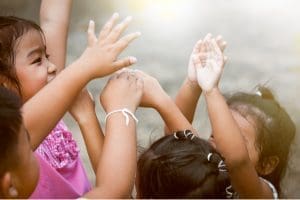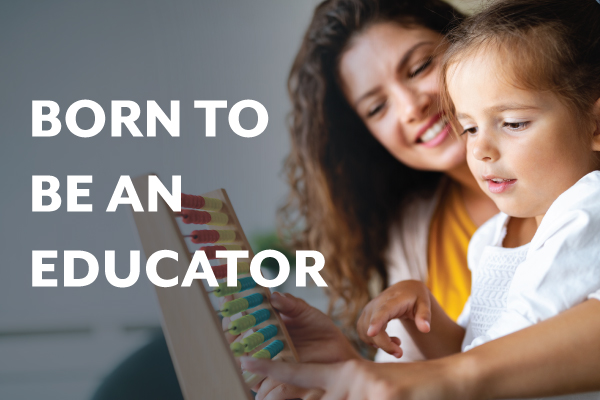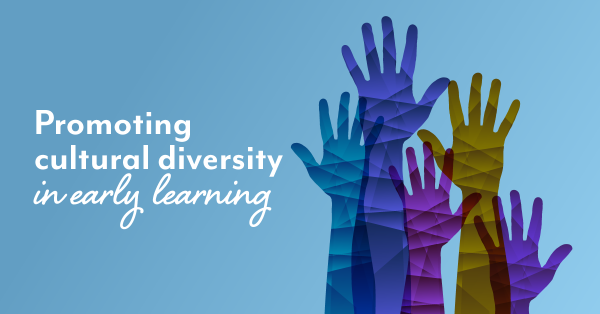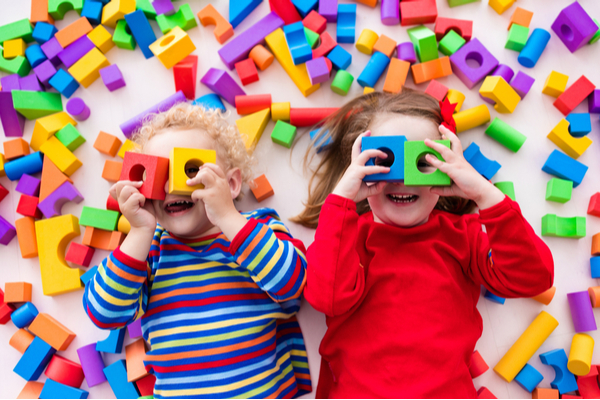As an early childhood educator, we work in a diverse industry and collaborate with people from different cultures daily. These people come in the form of co-workers, children, families and local groups that create our community.
To assist children in developing their cultural competency, we as adults require a better understanding of how to acknowledge and implement cultural positive practices.
What is cultural competence?
According to The Department of Education and Training cultural competence is “respecting multiple ways of knowing, seeing and living, celebrate the benefits of diversity and have an ability to understand and honour differences”. Cultural competence asks educators to be mindful and explore their ability to understand, communicate with, and effectively interact with people across various cultures.

How can early childhood educators model cultural competent behaviour?
Educators can promote their awareness by using strategies such as; being aware of one’s own world view, developing positive attitudes towards cultural differences, gaining knowledge of different cultural practices and world views and developing skills for communication and interaction across cultures.
When looking at our pedagogical practices and theories, the socio-cultural perspective suggests children develop and learn in many ways that are socially and culturally approved and constructed by educators. This highlights the importance of cultural competency an educator should have to lead and develop children’s learning. As children play, learn and explore through their participation in everyday routines and tasks, it creates a sense of agency and belonging as a member of different social groups. Children are active contributors in different social groups in which they participate to connect learning and experiences to extend their understanding of their rights and responsibilities necessary for functioning community participation.
Encouraging cultural competence within early childhood setting
To support children within an early childhood education and care setting, educators can adopt learning that is engaging, relationships that are affirming, resilience with a strong sense of wellbeing, curriculum that builds success for life and confidence and strength in personal and cultural identity. This is promoted by educators when they consider the background of children when planning experiences and in individual routines such as mealtimes, scaffolding opportunity to assist the child’s learning or independent understanding in collaboration with active and responsive listening to build on their existing knowledge or curiosities.
In conclusion, when educators are attuned to children’s cultural backgrounds, they make better curriculum decisions to support learning experiences to connect with and extend children’s ways of knowing, skills and understandings which they bring with them from home and community to the early childhood setting.
Written by Paul Hrasko, Selmar Institute of Education Trainer
For information about our early childhood education courses, please contact us today.



